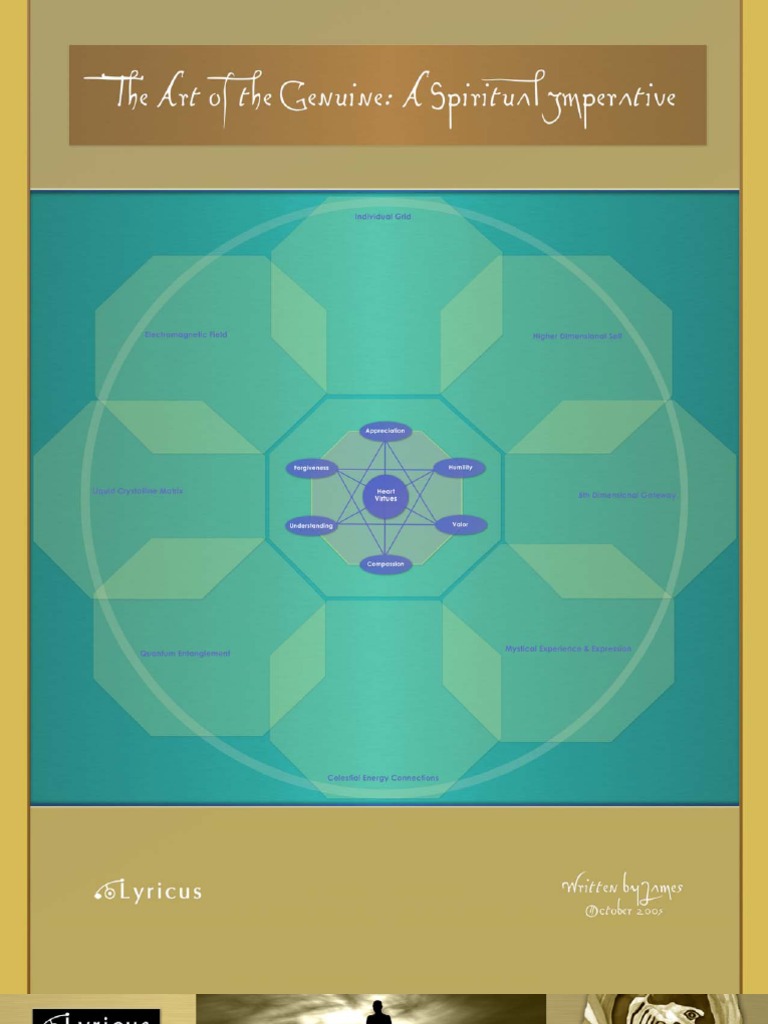The Baha’i teachings on the emancipation of women represent not only a profound spiritual imperative but also a clarion call for societal transformation. The essence of these teachings emphasizes the intrinsic equality of all human beings, regardless of gender, underscoring a paradigm shift that can yield profound implications for both individuals and communities. This exploration delves into the multifaceted dimensions of the Baha’i perspective on women’s emancipation, presenting it as a necessary catalyst for the elevation of society as a whole.
Central to the Baha’i faith is the principle of equality—an egalitarian doctrine elegantly articulated by Baha’u’llah, the founder of the Baha’i Faith. He elucidates that the advancement of civilization is inexorably tied to the emancipation and education of women. It is posited that a society’s success hinges on the equal participation of women in all aspects of life, encompassing education, economics, politics, and spirituality. This assertion not only champions gender equality but also scaffolds the notion that women’s empowerment is pivotal to achieving a prosperous and harmonious global society.
Inherent within the Baha’i teachings is the affirmation that women’s rights are human rights. This connection is not merely rhetorical; it speaks to the fundamental rights bestowed upon every individual. The Baha’i writings advocate for the eradication of all forms of discrimination and injustice, urging the elimination of cultural and social barriers that inhibit women’s potential. Thus, the emancipation of women becomes a critical component in the pursuit of justice, wherein the liberation of one gender serves to liberate the entire human collective.
Furthermore, the educational mandate within the Baha’i framework serves as a linchpin for the advancement of women. The profound impact of education on women and girls cannot be overstated; it engenders a ripple effect that transforms communities. Educated women are not only equipped to serve as catalysts for change within their own households but are also instrumental in contributing to societal advancements. The Baha’i teachings propagate the idea that educated women can uplift generations, thus asserting that female education is paramount to societal progression.
Transitioning from theoretical principles to practical application, the Baha’i community actively engages in numerous initiatives that promote women’s rights globally. Empowering women within local contexts has yielded remarkable insights into how communities can harness the energies of both genders to foster resilience and innovation. For instance, grassroots organizations inspired by Baha’i principles often focus on facilitating access to education, healthcare, and leadership opportunities for women, thereby addressing systemic inequalities head-on.
Moreover, the contemporary global discourse on women’s emancipation also resonates with the Baha’i understanding of interconnectedness and unity. The Baha’i teachings frame the struggles faced by women as part and parcel of the collective human experience. It exhorts individuals to recognize their shared destiny and calls for cooperative efforts towards achieving parity. As such, the emancipation of women is inextricably linked with broader social justice movements, creating a tapestry where various strands of humanity work collectively towards a harmonious existence.
An essential facet of these teachings is the recognition of the spiritual dimensions of gender equality. In the Baha’i view, the creation of the world is a manifestation of the divine will, where each individual’s role—irrespective of gender—is predicated upon their innate spiritual potential. The Baha’i writings elucidate that as women ascend in societal roles and responsibilities, they become embodiments of divinity, capable of inspiring and influencing others. This spiritual outlook compels adherents to not only advocate for women’s rights but to actively participate in the elevation of women’s status within all spheres of life.
The dialogue surrounding the emancipation of women within the Baha’i community also embraces the recognition of the cultural nuances that impact different regions. Cultural practices, often deeply entrenched in the fabric of societies, pose unique challenges to the implementation of gender equality. Hence, the Baha’i teachings advocate for a nuanced understanding of these cultural dimensions, encouraging a respectful approach that seeks to harmonize tradition with progress. This deliberate engagement fosters a climate of mutual respect, thus facilitating a more effective discourse on women’s rights worldwide.
As we contemplate the transformative potential of these teachings, it becomes evident that the emancipation of women is not merely an aspirational goal; it is a spiritual imperative crucial for the evolution of humanity. Underlying this imperative lies a call to action that urges every individual to participate actively in dismantling the barriers that women face. This engagement calls for innovative solutions, community collaboration, and unwavering commitment to the principles of equality and justice. By embracing these teachings, we embark on a journey toward a more equitable and just world—one where the emancipation of one is a step forward for all.
In illustrating the Baha’i perspective on women’s emancipation, it is essential to recognize that true progress transcends mere policy changes; it encompasses a profound metamorphosis in individual perceptions and societal norms. As communities strive to embody the principles of equality espoused by the Baha’i teachings, they lay the groundwork for a reality in which the vibrancy of women’s contributions is acknowledged, celebrated, and integrated into the very fabric of society. Ultimately, the holistic embrace of women’s emancipation reaffirms a universal truth: that the flourishing of humanity relies upon the equal recognition and elevation of all its members.
